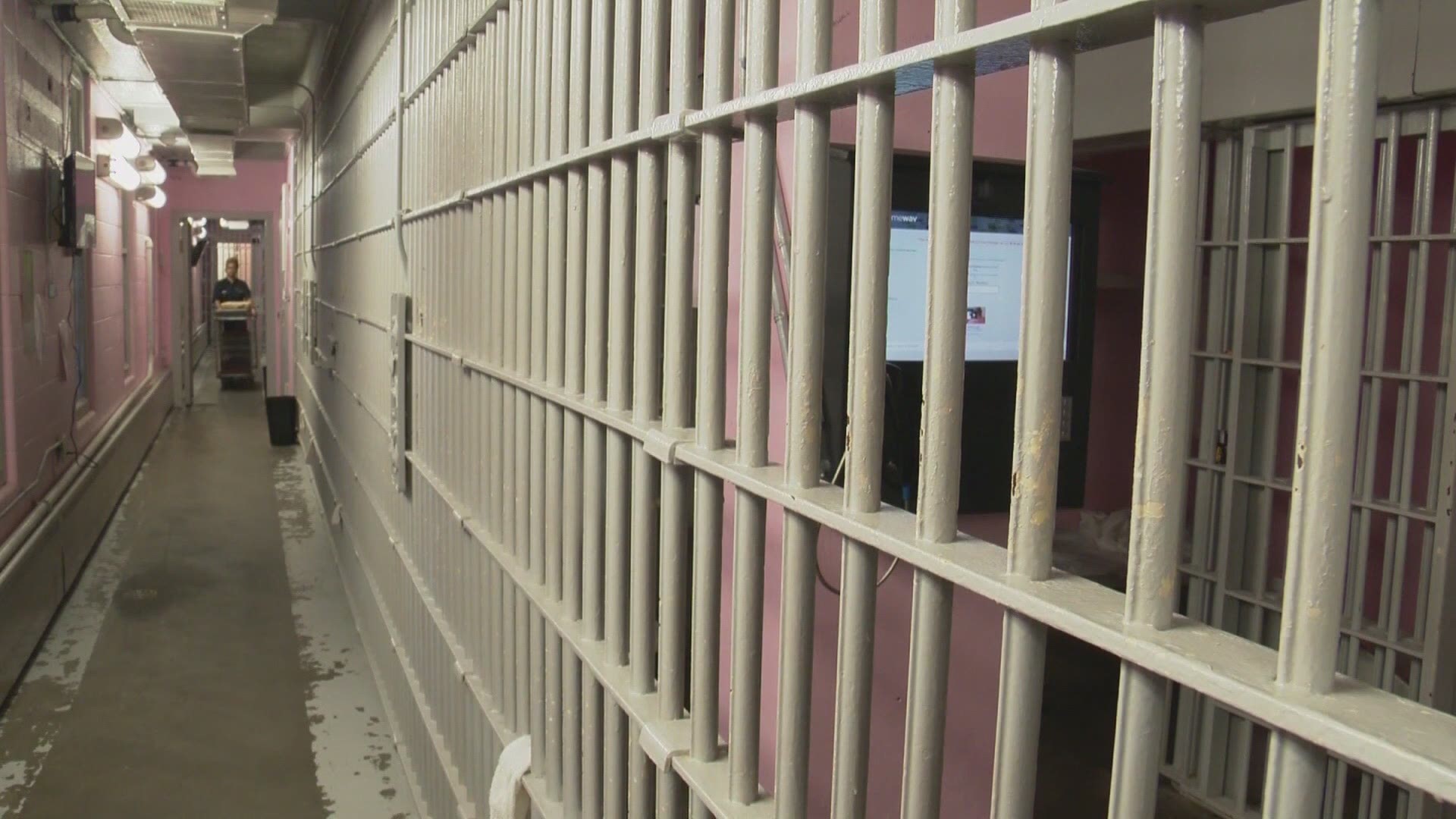DES MOINES, Iowa — Changes are coming to some Iowa jails after a report from the Iowa Office of Ombudsman shed light on illegal inmate copays across the state.
Iowa Code says that county jails aren't able to charge inmates for serious medical treatments if they have not been yet convicted.
State Ombudsman Bernardo Granwehr, who acts as a liaison between the public and state government, received multiple complaints from inmates claiming they were wrongfully charged while incarcerated.
Current law, Iowa Code section 356.7(1), says a convicted adult inmate is responsible for reimbursing the jail for any fees associated with arresting, booking, boarding or medical aid if the sheriff or municipality files a claim with a district court.
The key word is convicted.
The latest report revealed that at least four county jails in Iowa were charging inmates, who were not yet convicted, for certain medical treatments.
"The law changed in 2006, but the administrative rule, the corresponding administrative rule was not changed, so this created confusion among jails," Granwehr said.
This report hopes to improve inconsistencies amongst the jails and provide clarification for the Iowa Code by investigating what inmates reported.
The report introduction reads in part: "The complaints we receive differ slightly in their particulars, but they typically involve a jail that has taken an inmate’s money with little or no notice or without going through the court process set out by Iowa law."
The four county jails Granwehr looked into for these complaints were in Scott County, Wapello County, Mills County and O'Brien County.
"One of the things that we are looking for the Department of Corrections to do is to amend the administrative rule, which is inconsistent with Iowa Code," Granwehr said. "They understand the problem, so we're going to continue that dialogue."
Granwehr emphasized that the report and violations are only relating to copays on serious medical expenses.
"This report is really just a natural next step to get it out into the wild, to get it out into the public, to fix this problem once and for all really," Granwehr said.
Conversations with the Department of Corrections and county jails have led to changes and new practices in the jails, with hopes for more clarification to come.
Granwehr said this report is more about preventing inconsistencies from happening going forward.
"The end goal is to gain consistency among the jails, so all inmates are treated the same with respect to medical payments, medical charges, no matter what jail they're incarcerated in," Granwehr said.
In addition to the four counties, Granwehr also contacted seven other counties, finding a "significant disparity in jail practices for room-and-board charges and medical-related fees."
The biggest note of this report is that it is a call to action, with hopes of seeing changes, rather than enforcement.
You can find the full report on the State Ombudsman's website.

